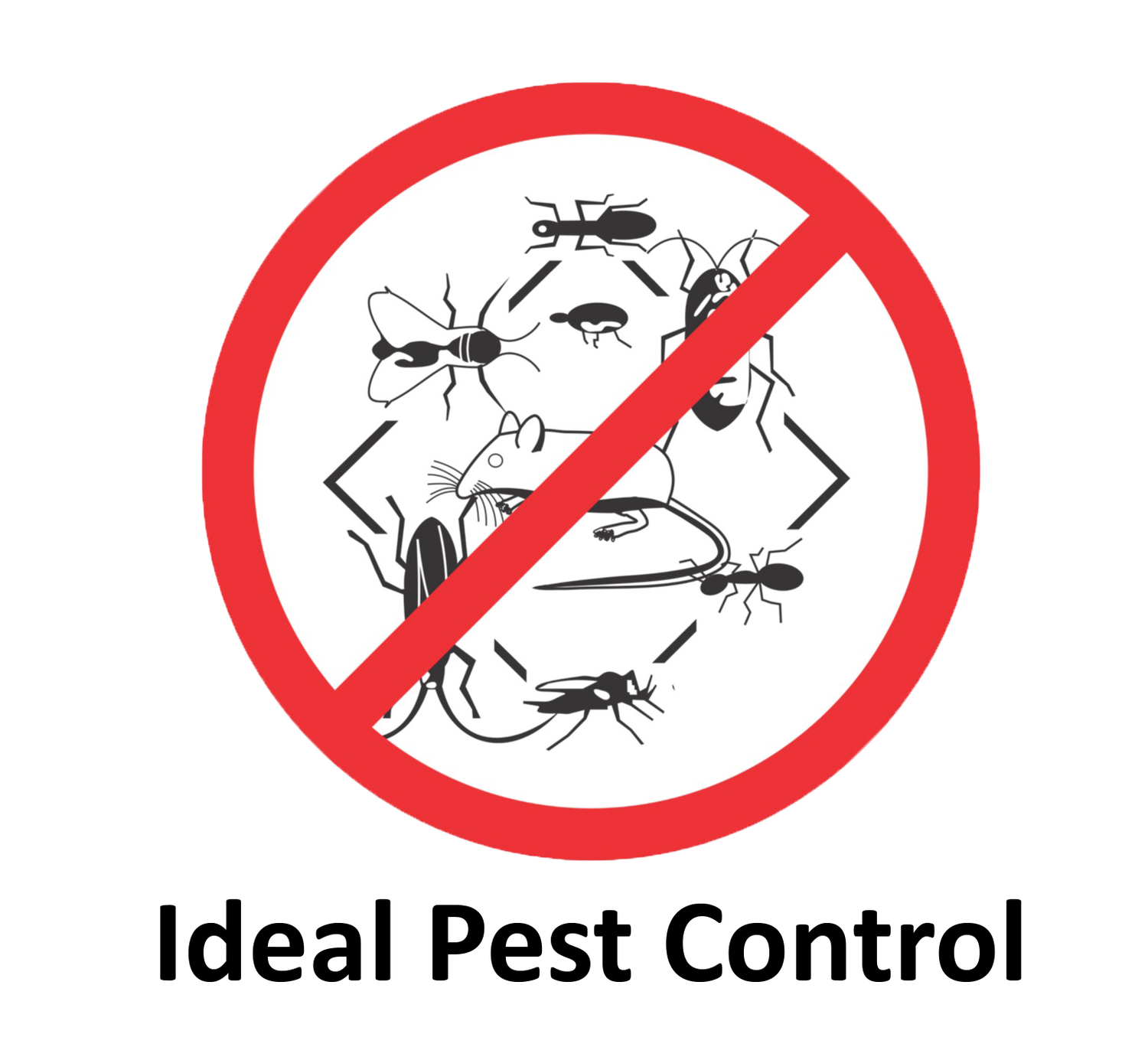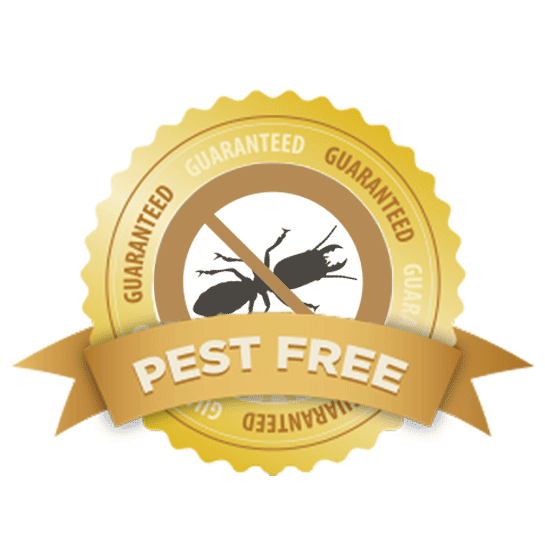Safe and Reputable Bug Control for Lasting Defense
Reliable bug administration needs a complex strategy that stabilizes environmental integrity with the demand for efficient pest reductions. The nuances of these approaches may not be immediately clear, motivating a closer exam of the methods that can lead to lasting insect control end results.
Understanding Parasite Control Methods
Parasite control encompasses a range of methods aimed at handling and eradicating unwanted pests and rodents that can endanger both wellness and property. Comprehending these techniques is essential for efficient pest administration.
The key categories of insect control approaches consist of mechanical, biological, and chemical techniques. Mechanical approaches involve physical barriers and traps to stop insect entrance and capture undesirable varieties. As an example, utilizing displays on home windows or using sticky catches can considerably minimize bug populaces without presenting harmful compounds.

Chemical pest control is typically one of the most acknowledged technique, using chemicals to get rid of pests. These chemicals can be reliable but should be used with care to prevent unfavorable effects on non-target varieties and the atmosphere.
Benefits of Eco-Friendly Solutions
Exactly how can green solutions change parasite control practices? The adoption of eco-friendly parasite control techniques uses countless benefits, substantially boosting the effectiveness and safety of bug monitoring.

One more advantage is the positive impact on local biodiversity. Eco-friendly solutions are designed to target specific parasites while maintaining valuable pests and wildlife, promoting a balanced ecological community. This strategy lines up with the growing consumer need for lasting methods, enhancing the reputation of parasite control service providers.
Integrated Pest Monitoring Methods
The application of environmentally friendly solutions normally brings about the adoption of Integrated Pest Monitoring (IPM) techniques, which even more boost bug control efficacy. IPM is an all natural technique that combines numerous strategies to take care of bug populations while lessening environmental influence. This technique stresses using organic, cultural, mechanical, and chemical controls, making certain a balanced and lasting method of bug management.
One basic aspect of IPM is the thorough evaluation of parasite activity and ecological problems. By keeping an eye on parasite populations and recognizing their life cycles, professionals can apply targeted interventions that interfere with the pest's habitat or lifecycle, lowering reliance on chemical pesticides. Furthermore, social techniques such as crop rotation and environment adjustment can considerably reduce pest establishment and reproduction.
An additional crucial component is making use of organic control representatives, such as advantageous bugs or microbes, which can naturally suppress bug populations. When chemical applications are required, IPM focuses on using low-risk chemicals and uses them selectively, reducing direct exposure to non-target microorganisms and human beings.
Including IPM strategies termite damage not only improves insect control efficiency yet additionally advertises a more secure ecosystem, aligning with the growing demand for sustainable practices in pest management.
Safe Practices for Property Owners
Comprehending the value of risk-free methods in bug control can equip house owners to successfully handle bug problems while protecting their health and wellness and the environment. Applying safe approaches and safety nets is critical in decreasing direct exposure to dangerous chemicals.
Homeowners need to initially evaluate their setting for conditions that attract parasites, such as standing clutter, water, and food waste. On a regular basis cleaning and securing entry factors can discourage parasites from getting into the home. Making use of natural deterrents, such as crucial oils or diatomaceous earth, can give efficient choices to chemical pesticides.
When chemical treatments are essential, property owners must go with items that are specifically identified as secure for domestic usage. It is important to comply with application standards meticulously to prevent too much exposure. Making use of targeted treatments in areas where bugs are recognized, instead than covering spraying, can substantially minimize chemical usage.
Last but not least, keeping open interaction with parasite control experts is important. Home Continued owners should inquire regarding the security of products used and demand environment-friendly options whenever possible. By embracing these safe methods, home owners can produce a much healthier living setting while properly taking care of pest issues.

Tips for Long-Term Defense
Developing a parasite management strategy that stresses lasting protection can significantly enhance the effectiveness of the safe practices formerly reviewed. To attain this, house owners must carry out routine evaluations of their home, concentrating on hidden locations such as attic rooms, basements, and crawl spaces. Early discovery of parasite task is important in avoiding infestations from holding.
Furthermore, maintaining a tidy atmosphere is important. This includes correct food storage, promptly cleansing spills, and regularly getting rid of trash. These techniques minimize attractants that draw parasites into the home. Additionally, securing entrance points, such as splits around doors and windows, can properly block potential parasite gain access to.
Landscape design needs to likewise be considered; maintaining plants cut and preserving a range between greenery and the home decreases hiding areas for parasites. Utilizing natural deterrents, such as essential oils or diatomaceous earth, can additionally inhibit infestations without turning to rough chemicals.
Lastly, working together with an expert parasite control service for periodic examinations can give an added layer of safety and security. These professionals can use customized referrals and progressed treatments, ensuring that your home stays secured versus parasites in the lengthy term.
Verdict
To conclude, safe and reputable parasite control calls for a complex strategy that stresses environmentally friendly techniques and integrated insect administration. By executing all-natural deterrents, conducting normal inspections, and keeping correct hygiene, home owners can considerably reduce parasite populaces while securing helpful bugs and the atmosphere. Collaboration with professional parasite control solutions enhances the effectiveness of these approaches, making sure tailored solutions that give long-term security and comfort versus future invasions.
Efficient pest monitoring needs a multifaceted strategy that balances ecological honesty with the requirement for effective bug suppression. The fostering of environment-friendly pest control approaches provides countless benefits, significantly boosting the effectiveness and safety and security of insect monitoring.The application of eco-friendly remedies naturally leads to the fostering of Integrated Insect Monitoring (IPM) techniques, which better improve pest control effectiveness. exterminator coquitlam. By keeping track of parasite populations and recognizing their life cycles, specialists can apply targeted interventions that interrupt the parasite's habitat or lifecycle, reducing dependence on chemical pesticides.In final More Info thought, risk-free and reliable insect control requires a diverse approach that stresses environmentally friendly approaches and incorporated pest administration